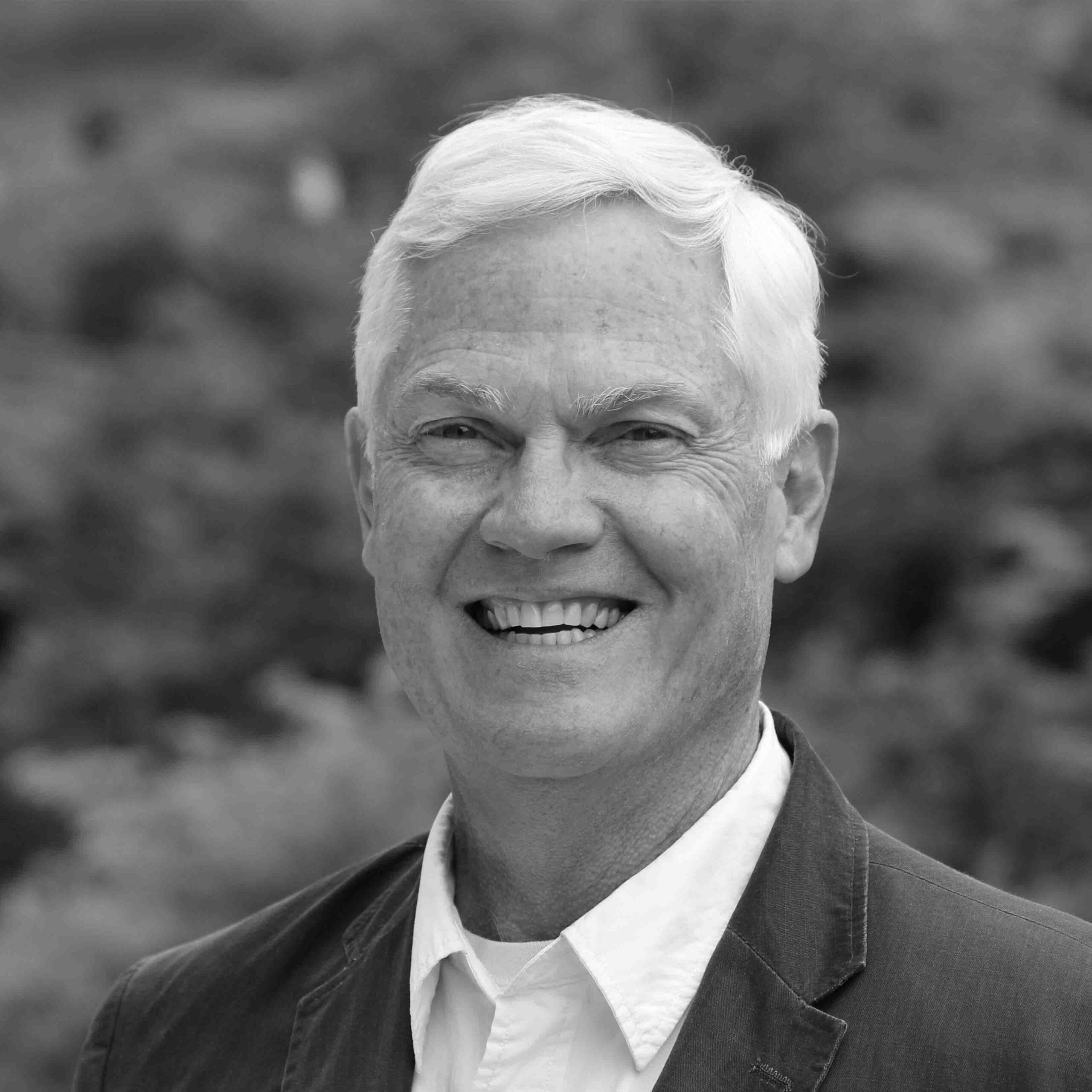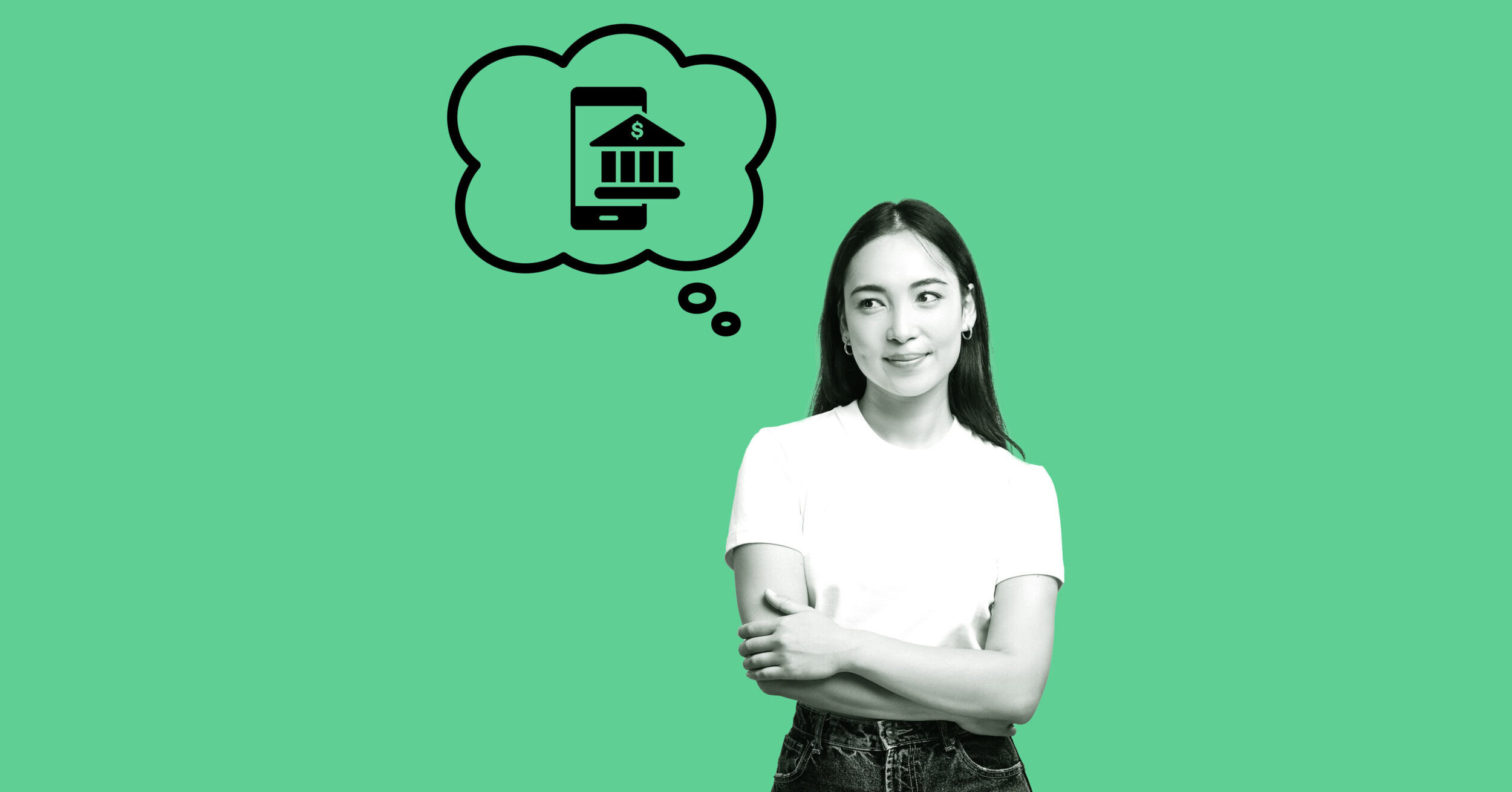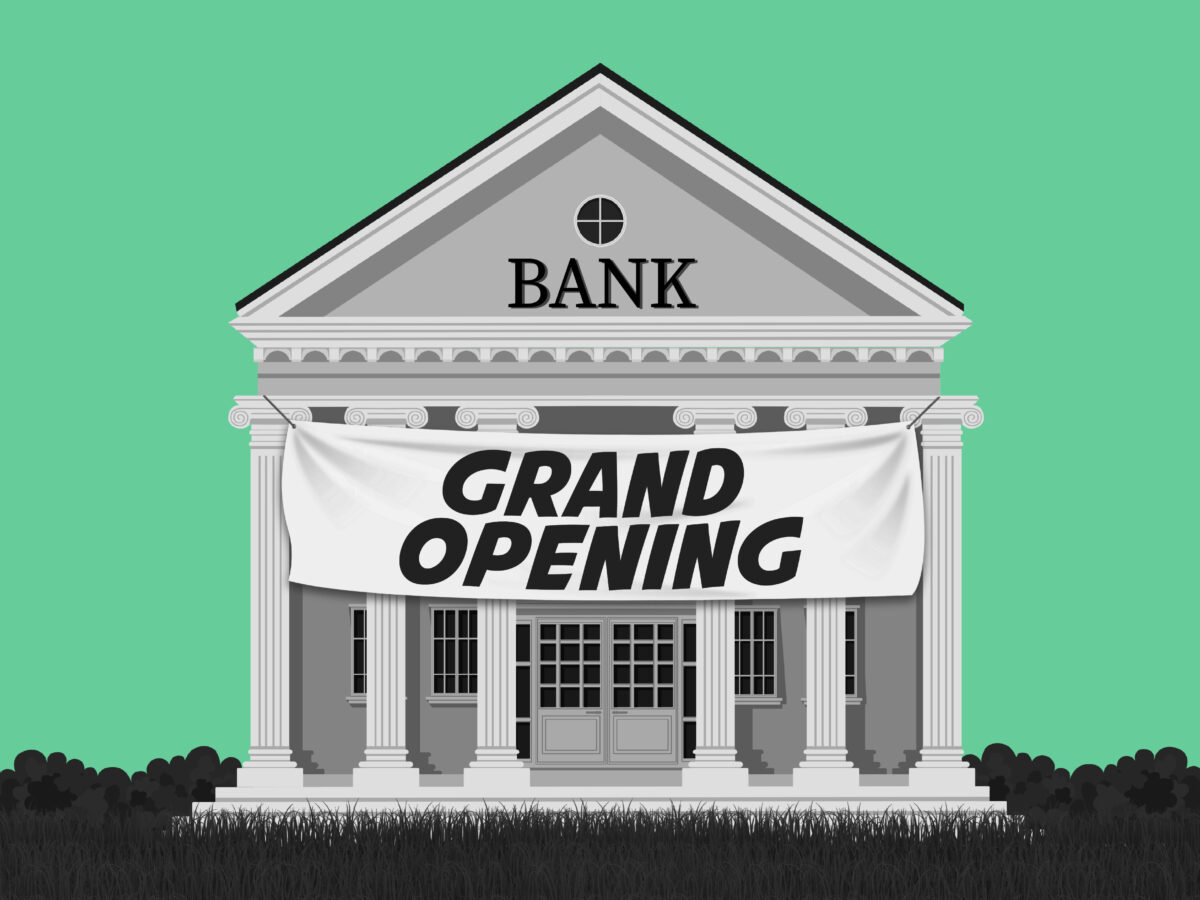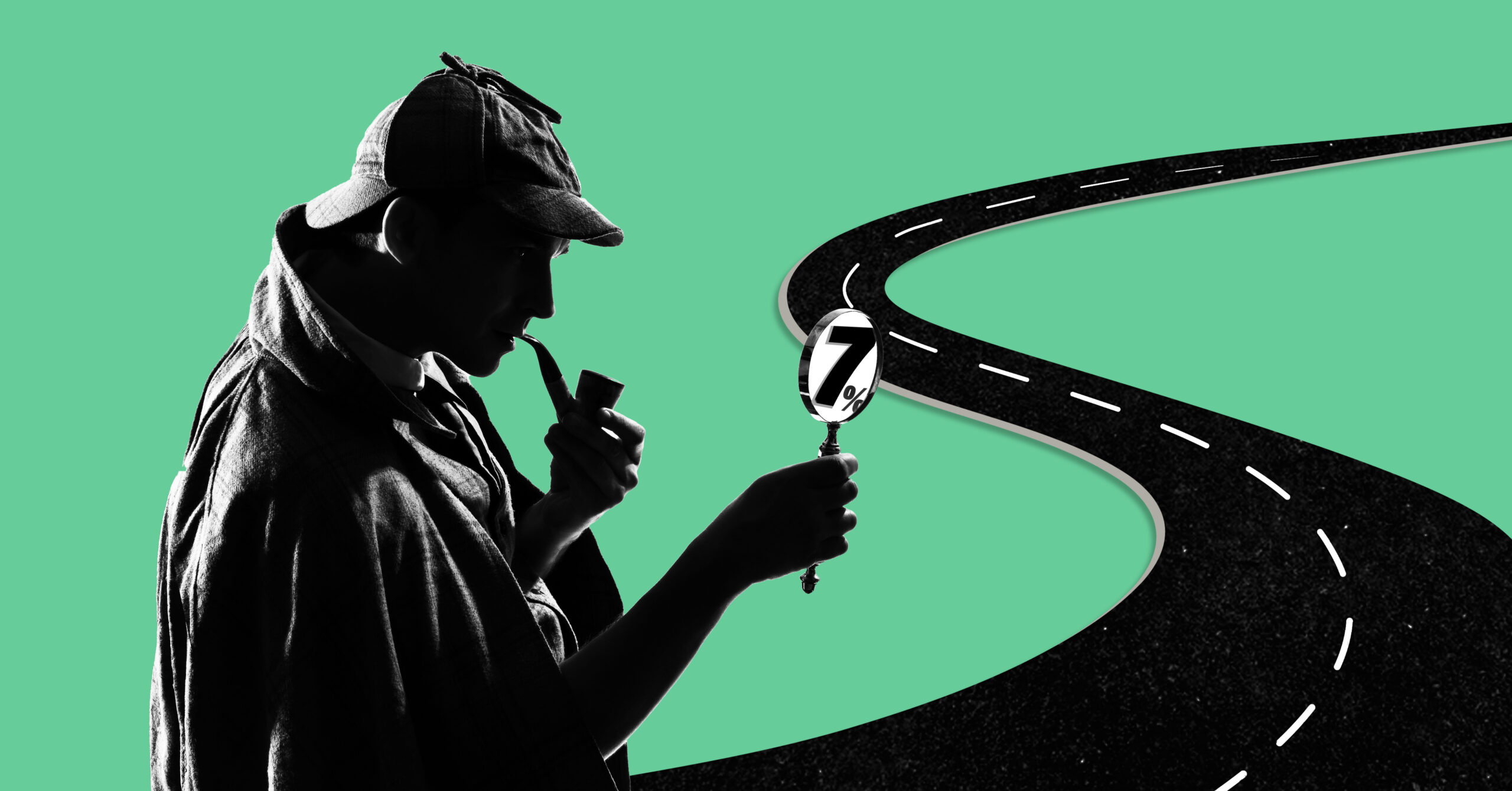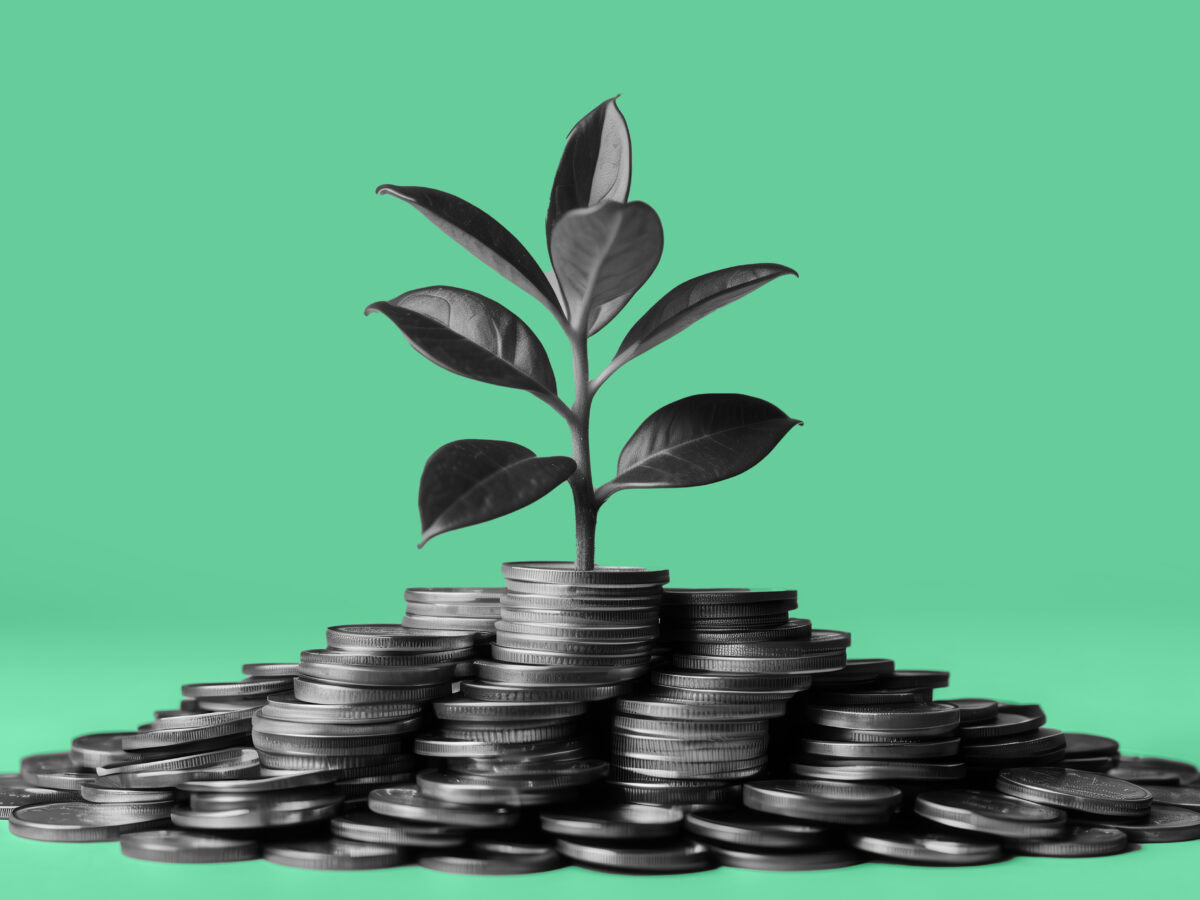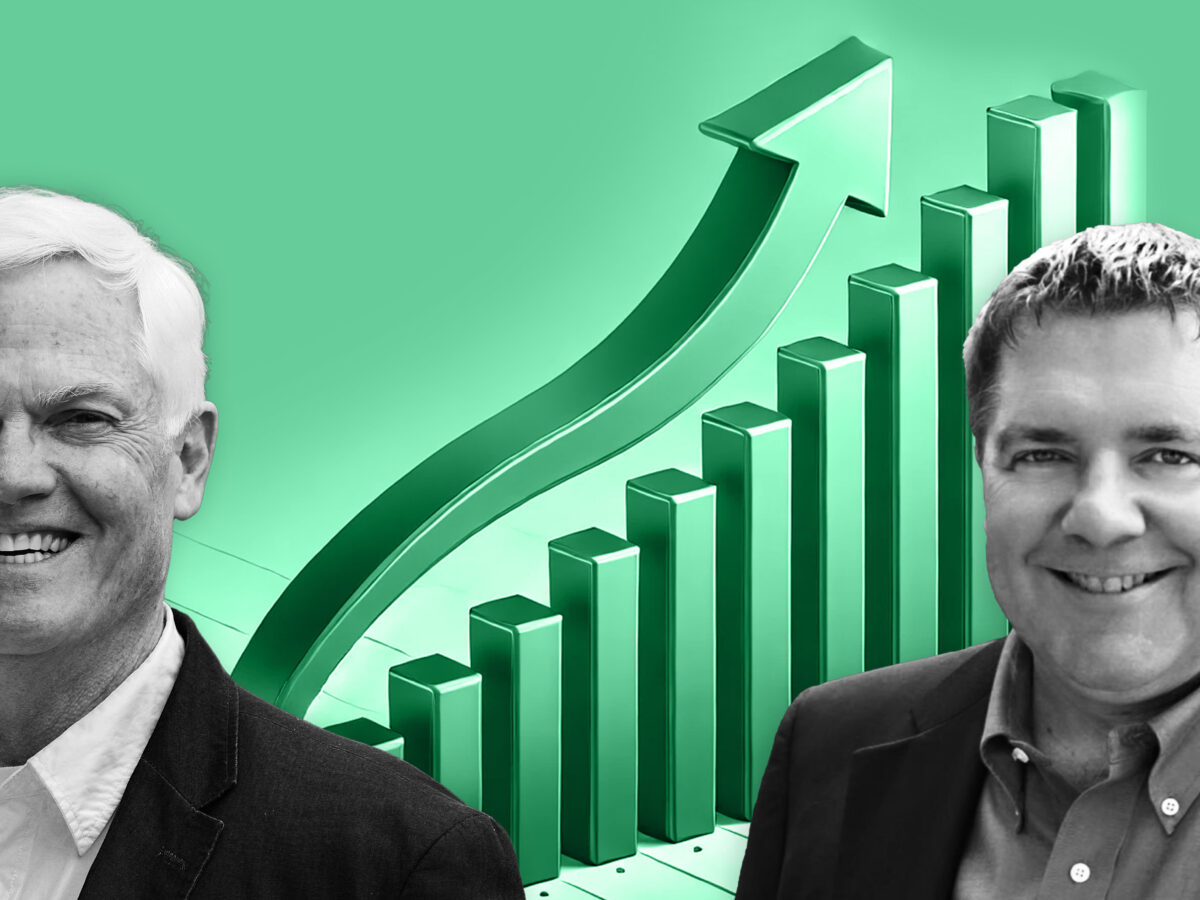How the Coronavirus Could Actually Pull Humanity Together
Will Our Better Natures Reveal Themselves?
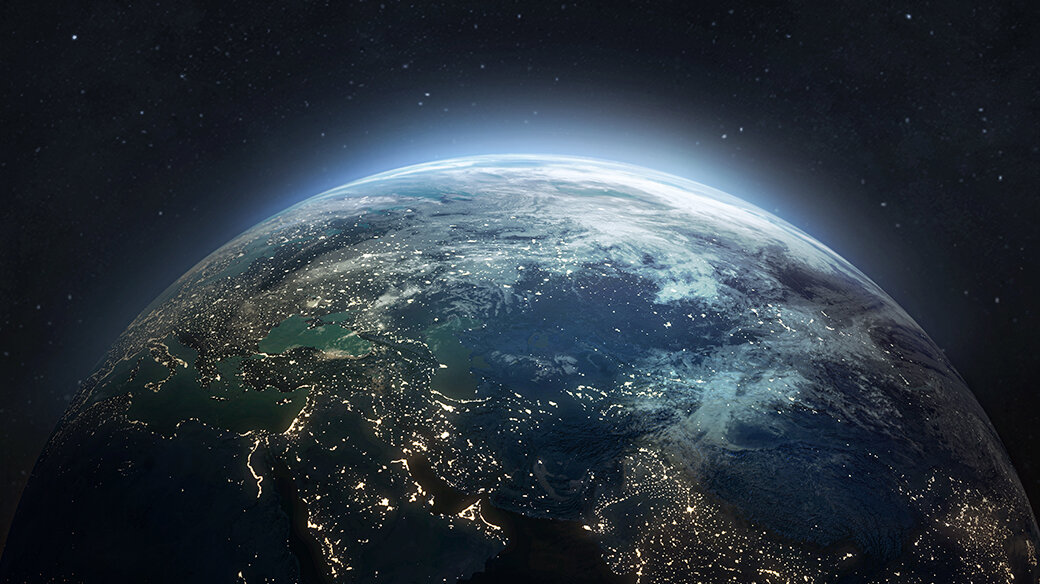
It was July 20, 1969, and I was watching TV with my family and neighbors as Neil Armstrong became the first man to step onto the moon. Just hours before that glorious step, my dad was holding his breath, realizing that the descending lunar module only had 30 seconds of fuel left before it would plummet into a crater forever. What courage, what poise, what focus those men displayed!
But did you know that the entire world was watching and celebrating this historic accomplishment? Fully one fifth of the world’s population was watching the moon landing on live television – and this was a time when less than one percent of China’s people had a television and many developing nations had little or no television broadcasting.
Ten weeks after their return to earth, the three astronauts and their wives went on a 38-day world tour. The “Giant Leap” tour was bigger than Beatlemania. At every destination, the humble heroes were greeted with enthusiastic throngs cheering “We did it!” Not: “America did it, but We did it!” For a brief moment in time, we were all the same. People with dreams, people with dignity and people with hope. This was an accomplishment of human intellect, human spirit and human will – something we all share regardless of race, religion or economic status.
Is it possible that the burgeoning COVID-19 epidemic can evoke a similar, unified response by humanity today? Will our better natures reveal themselves? What irony slaps us in the face: our world feels increasingly divided by class, race, religion and political ideology – yet, we are intricately connected by air travel, the internet and a global financial and economic ecosystem and supply chain that makes us more interdependent than we dare to admit.
We have to humbly come to grips with the reality that we all need each other. For too many, our interdependence is largely commercial. Our natural inclination is to strive for personal economic security – but to what end? Are we satisfied to merely create our own protective independence, buttressed by a decent 401-K balance, only to isolate ourselves in comfort-sheltering enclaves and routines and to live uninspired lives for 70 or 80 years? Don’t we really need each other so that we can rise to our better natures? Can’t we do that by taking one small, courageous step toward our neighbor – and allow them to lift us up – or to extend a hand of friendship saying, “I am here for you, brother, sister.” Or saying, “I don’t know your name or where you are from, or what you believe, but I am here for you.”
The CDC reported yesterday that the COVID-19 is very likely to spread in the United States. Other health organizations and disease experts are forecasting a global pandemic. This will be a test for all of us. How will we do? How will we respond if the supply chain is interrupted and the store shelves are empty and the stockers and checkout staff are home sick or in quarantine due to potential, casual contact with an infected individual? How will we respond to poor families who have little or no food back-up? What if a sick, elderly neighbor needs a ride to the hospital because emergency personnel are overwhelmed and can’t get to them in time?
Perhaps the epidemic will wither as the weather becomes warmer and prevention and isolation practices turn the peak of infection into decline. But what about the next epidemic? The next economic downturn? The next geo-political crisis? The next major sequence of natural disasters? We can feel like retreating in fear, but that’s not what our higher natures call us to do when our fellow man is hurt. Our world sends money, medical teams, volunteers and supplies to Haiti. Our first responders run into twin towers about to collapse; and afterward, thousands of citizens dig through rubble in the clean-up just as they do when earthquakes level cities, towns and villages in Turkey, Iran, Mexico, the Philippines, Puerto Rico.
The difference is this: most natural disasters strike far from home. COVID-19 has the potential to strike very close to all of our homes, where ever we live. So this could be an opportunity for a collective epiphany. Perhaps this crisis will cause us to think more deeply about why we are here and how we are to use our individual skills, resources and energy to create more meaningful and productive bonds with all our neighbors. Writing a relief check can sometimes be a guilt-alleviating exercise – or even a subconscious bargaining with God that perhaps we are acceptable to his standards. The real question is how do we transform our perspectives and permanently reorient our lives so that we are truly investing in making our global village a healthier, better place – especially for vulnerable people who are under-resourced, oppressed and distressed. Perhaps, COVID-19 will call us to take “one small step” toward our brothers and our sisters – starting in our homes, neighborhoods, schools, churches and communities.
Three Reasons for Hope
READ MORE
